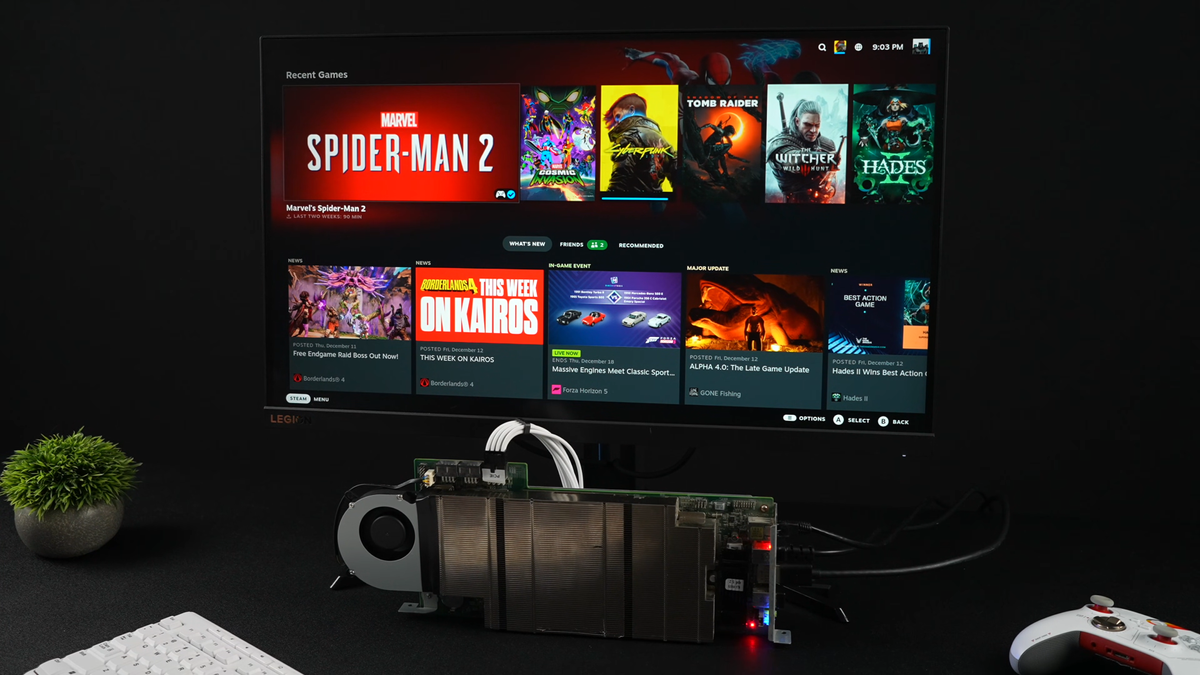Despite much evidence to the contrary, many folks still feel like cryptocurrency is a net positive for the world. Indeed, the digital asset industry continues to flourish in many corners of the globe and, now, residents of the United Arab Emirates can even sign up to mine Bitcoin through their telecom provider.
News outlet The National notes that the Dubai-based telecom du is launching Cloud Miner, a crypto-mining-as-a-service offering for its customers. The new service was also announced on du’s Instagram page.
The company’s chief information and communications technology officer, Jasim Al Awadi, told the outlet that, in the years to come, he expects “to see more people adopting it because we are planning even to expand the capabilities of mining-as-a-service moving forward.” He added: “Whatever technology evolution will come moving forward … we always evolve our services to fit our clients.”
Du’s crypto-mining service will be available to customers via an online auction that transpires between November 3-9, The National writes. From the available information, it’s unclear how much these subscriptions will cost. The National further breaks down du’s offerings like so:
For Cloud Miner’s first phase, du will host bids for contracts, which have a lock-in period of 24 months. The number of contracts will be expanded in the second phase, Mr Al Awadi said. Users will eventually also gain access to a calculator that will show how much Bitcoin they will receive at the end of each month and its corresponding value, he added. Each contract will grant a capacity of 250 terahashes per second on a monthly basis, which at the end of the day will be converted to Bitcoins that will directly be linked to their crypto wallets, he said.
Gizmodo reached out to du for more information. Between the exploding AI industry, crypto, and the rest of our digitally-connected lives, we clearly live in a very energy consumptive age. Critics have often accused crypto-mining of being environmentally harmful and, while crypto-mining may not represent a huge portion of America’s overall electrical footprint (one study claims that it’s between 0.6 and 2.3 percent of overall domestic electricity consumption), it certainly could be qualified as one of the most useless expenditures of energy (I don’t know how else to characterize a process that does math problems and occasionally “rewards” its user with make believe internet money). All I can say is that I hope U.S. telecoms don’t get any ideas.








 English (US) ·
English (US) ·